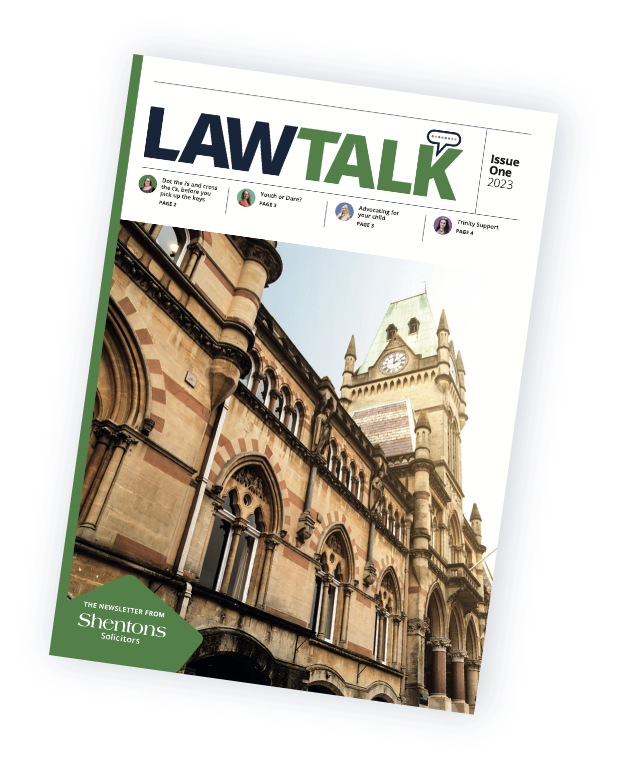Often when serious allegations are made in Court proceedings, it is necessary to instruct an independent expert to provide a report to assist the Court.

I recently represented a father who was being prevented from seeing his daughter by the mother. Despite a Court Order being in place that said he could have contact, the mother continued to refuse, saying that the child didn’t want to see him.
This raised some serious red flags for our team, and we instructed an expert psychologist to carry out an assessment of the family to try and get to the bottom of the problem. The expert found that the mother was alienating the child from her father by making negative comments about the father to the child. These comments were influencing the child’s views about wanting to see her father.
The psychologist not only helped the Court understand the dynamics of the family, but also helped the mother understand how her actions were impacting the child. Contact has been successfully resumed, and the father and his daughter are now able to have a meaningful relationship in the future.
Parental alienation is when one parent exposes a child to negative views about the other parent, causing the child to develop resistance to the other parent, which ultimately damages the relationship between the child and other parent. This is a form of manipulation and can even be emotional child abuse.
Parental alienation is a serious allegation to make. It can be difficult to prove, which is why it is often necessary to get an expert involved. If there are no serious welfare concerns, parents are expected to put their own feelings aside and encourage children to have healthy and meaningful relationships with both parents.
All our latest news, articles, interviews, tips and more.
